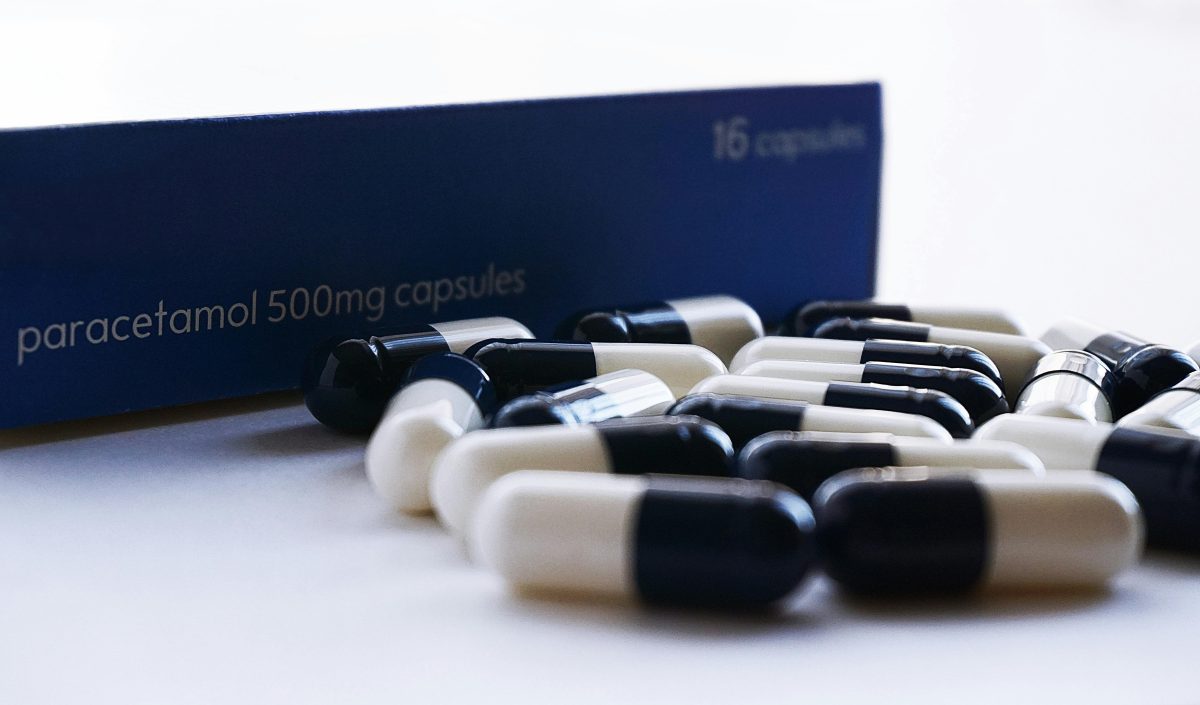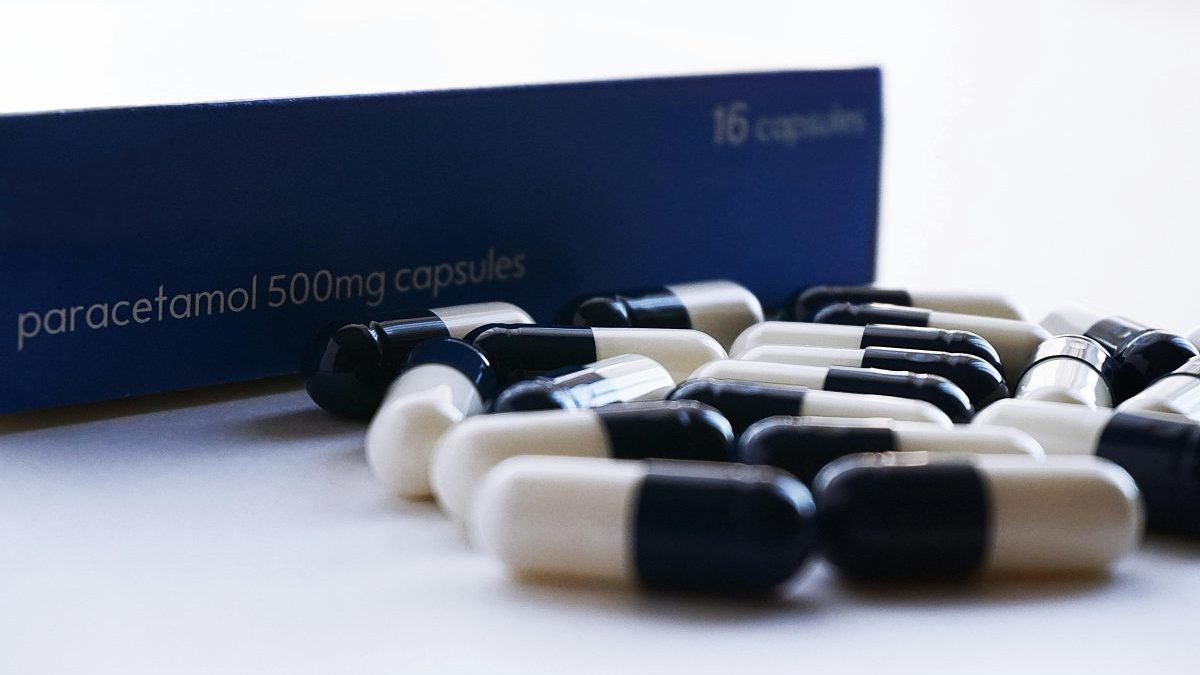Last Updated on: 14th July 2024, 09:37 am
Introduction to Vitamin D and Its Importance

Vitamin D, often dubbed the “sunshine vitamin,” is a crucial nutrient that our bodies require for optimal health. It is unique because it can be synthesized by our skin upon exposure to sunlight, besides being obtained from certain foods and supplements. This vitamin exists in two primary forms: D2 (ergocaliferol), found in some plants, and D3 (cholecalciferol), which is derived from animal sources and sunlight exposure.
- The significance of Vitamin D transcends beyond merely aiding in calcium absorption for bone health.
- It plays a pivotal role in muscle function, immune system support, and inflammation reduction.
- Its benefits are vast, impacting overall well-being and playing a critical role in preventing chronic diseases.
Historically, the importance of Vitamin D in sports and athletics has been recognized for its contribution to muscle strength and performance. Athletes, particularly those in indoor or winter sports, may be at risk of deficiency due to limited sun exposure. This realization has led to increased focus on ensuring adequate Vitamin D levels for optimal athletic performance and recovery.
Understanding the multifaceted role of Vitamin D in the body underscores its importance not just for the general population but especially for athletes striving for peak performance. Ensuring adequate Vitamin D levels can be a game-changer in the realm of sports and athletics.
Understanding the Role of Vitamin D in Muscle Function and Performance

- Vitamin D’s influence on muscle strength and recovery is profound.
- It enhances muscle contraction, a critical factor for strength, and aids in the repair of muscle fibers after intense physical activity.
- This not only helps in reducing the recovery time but also minimizes the risk of injuries, enabling athletes to maintain a consistent training regimen.
The relationship between Vitamin D and physical performance is well-documented. Adequate levels of this nutrient are associated with improved exercise capacity and overall physical performance. This is particularly significant for athletes, where even marginal gains can make a substantial difference in competitive scenarios. Vitamin D’s role in calcium regulation further supports muscle function and energy production, essential components of athletic performance.
- Case studies on athlete performance with Vitamin D supplementation reveal compelling evidence.
- Athletes with optimized Vitamin D levels often exhibit notable improvements in strength, endurance, and recovery times.
- For instance, a study involving professional football players found that Vitamin D supplementation during the winter months significantly improved their sprint times and jumping ability.
Ensuring adequate Vitamin D intake, whether through diet, supplementation, or sensible sun exposure, is crucial for athletes aiming for peak performance. The benefits of this nutrient extend beyond bone health, playing a vital role in muscle function, strength, and recovery. As research continues to unveil the multifaceted benefits of Vitamin D, its importance in the realm of sports and athletics cannot be overstated.
Vitamin D Deficiency: A Barrier to Optimal Athletic Performance

Identifying the Signs of Vitamin D Deficiency in Athletes
Spotting Vitamin D deficiency in athletes can be tricky. Common signs include prolonged muscle recovery, frequent injuries, and unexplained fatigue. These symptoms often mimic overtraining, making it crucial for athletes to monitor their Vitamin D levels closely.
The Prevalence of Vitamin D Deficiency in Different Sports
Interestingly, Vitamin D deficiency spans across various sports, affecting both indoor and outdoor athletes. Indoor athletes often face greater risks due to limited sun exposure. However, even outdoor athletes can be deficient, especially in regions with low sunlight levels during winter months.
Consequences of Vitamin D Deficiency on Athletic Performance and Injury Risk
- The impact of Vitamin D deficiency on athletic performance is profound.
- Insufficient levels can lead to decreased muscle function, weakened bone health, and a higher susceptibility to fractures and injuries.
- This not only hampers performance but also increases the risk of long-term health issues.
- Moreover, Vitamin D plays a crucial role in immune function, and its deficiency can lead to increased illness, further affecting training and performance.
Addressing Vitamin D deficiency is paramount for athletes striving for peak performance. Regular screening, coupled with a balanced approach to sun exposure, diet, and supplementation, can help maintain optimal levels. By overcoming this barrier, athletes can unlock their full potential, ensuring that their hard work translates into tangible results on the field.
The Science Behind Vitamin D and Athletic Performance

- Vitamin D optimizes muscle function through several physiological mechanisms.
- It facilitates muscle contraction, crucial for generating strength, and plays a pivotal role in the repair and recovery of muscle fibers post-exercise.
- This not only aids athletes in maintaining a rigorous training schedule but also significantly reduces the risk of muscle-related injuries.
Beyond muscle health, Vitamin D is instrumental in maintaining bone integrity. It aids in the absorption of calcium and phosphorus, essential minerals for bone health, thereby preventing osteoporosis and reducing the risk of fractures. This aspect of Vitamin D is particularly crucial for athletes, as it directly impacts their resilience and longevity in sports.
The vitamin’s influence extends to the immune system as well. It bolsters the body’s defense mechanisms, reducing the likelihood of infections that can sideline athletes. A robust immune system is vital for athletes, ensuring they remain healthy and ready for competition.
For athletes, the stakes are high. The difference between victory and defeat can hinge on the smallest margins. Vitamin D, with its multifaceted benefits, can be the linchpin in an athlete’s regimen. Ensuring optimal levels through diet, supplementation, or sun exposure can significantly enhance performance, recovery, and overall health. As research continues to unfold, the link between Vitamin D and athletic performance becomes increasingly undeniable, marking it as an essential nutrient in the athlete’s toolkit.
Strategies for Optimizing Vitamin D Levels in Athletes

Guidelines for Adequate Vitamin D Intake
The foundation of maintaining optimal Vitamin D levels lies in a triad approach: sun exposure, diet, and supplements. Sensible sun exposure, particularly during midday, can significantly boost Vitamin D synthesis. Incorporating Vitamin D-rich foods, such as fatty fish, egg yolks, and fortified products, into the diet is equally important. For athletes with higher needs or those in low-sunlight environments, supplements can fill the gap, ensuring consistent levels year-round.
Personalized Vitamin D Strategies: Testing and Monitoring Levels in Athletes
Personalization is key. Regular testing of Vitamin D levels allows for tailored strategies that meet individual athlete needs. Monitoring ensures that interventions are effective and that levels remain within the optimal range for peak performance and recovery. This bespoke approach maximizes the benefits of Vitamin D, catering specifically to the athlete’s regimen and environmental exposure.
Seasonal Considerations in Vitamin D Optimization
Seasons change, and so do Vitamin D strategies. During sun-rich months, emphasis can be placed on outdoor training and activities to naturally boost Vitamin D levels. In contrast, winter months might require a greater focus on dietary sources and supplementation to compensate for reduced sun exposure. Recognizing these seasonal shifts and adjusting Vitamin D intake accordingly is crucial for maintaining year-round optimal levels.
Optimizing Vitamin D levels is a dynamic process, tailored to individual needs, environmental factors, and seasonal variations. By adopting a comprehensive approach that includes regular testing, personalized strategies, and seasonal adjustments, athletes can ensure their Vitamin D levels are consistently optimized, supporting their performance, recovery, and overall health.
Case Studies and Research Findings on Vitamin D Supplementation

Research into Vitamin D’s impact on athletic performance has yielded intriguing results:
- Gymnasts Study: Those with higher Vitamin D levels had better muscle strength and explosive power.
- Athletes Research: Vitamin D supplementation reduced the incidence of stress fractures, highlighting its role in bone resilience.
Testimonials from athletes and coaches further reinforce these findings:
- Many report that after optimizing Vitamin D levels, they noticed a marked improvement in performance and a decrease in recovery times.
- Coaches often observe that teams maintaining adequate Vitamin D levels tend to have fewer injuries and better overall health.
These insights are not just anecdotal; they are backed by science:
- Randomized Controlled Trial: Vitamin D supplementation in athletes led to significant improvements in muscle recovery post-exercise.
It’s clear that maintaining optimal Vitamin D levels is not just beneficial but essential for athletes. Whether through diet, supplementation, or sun exposure, ensuring sufficient Vitamin D intake can be a game-changer in the competitive world of sports.
In Closing
Vitamin D is pivotal for peak athletic performance. It bridges the gap between mere participation and excellence in sports. Through enhancing muscle function, bone health, and immune support, Vitamin D emerges as a cornerstone of athletic resilience and achievement. The synthesis of research, case studies, and practical strategies underscores its indispensable role in optimizing athlete performance. Athletes and coaches alike are encouraged to prioritize Vitamin D, ensuring it becomes a key player in their journey towards sporting triumph.
The Role of Vitamin D in Athlete Performance FAQs
Vitamin D can affect mental health and cognitive function in athletes by playing a role in brain health and neurotransmitter synthesis. Adequate levels of vitamin D are associated with reduced risk of depression and improved cognitive function, which can be beneficial for focus and performance in competitive environments. Mental health is a critical aspect of overall athletic performance, making vitamin D an important nutrient for athletes.
Yes, vitamin D can improve recovery times in athletes by reducing inflammation and aiding in the repair of muscle fibers after intense exercise. This can lead to a quicker recovery process, allowing athletes to return to training sooner. Adequate vitamin D levels are essential for optimal recovery and overall athletic performance.
Yes, vitamin D levels directly affect bone health in athletes by regulating calcium absorption, which is essential for bone formation and repair. Adequate vitamin D levels can help prevent stress fractures, a common injury among athletes. Maintaining optimal vitamin D levels is crucial for bone density and overall skeletal health.
Supplementing with vitamin D can improve athletic performance, especially in athletes who are deficient or have insufficient levels of vitamin D. It can enhance muscle function, strength, and recovery, as well as potentially increase endurance. However, supplementation should be approached with caution and personalized based on individual vitamin D levels.
Vitamin D plays a crucial role in muscle function by enhancing the absorption of calcium and phosphorus, which are vital for muscle contraction. Adequate levels of vitamin D are associated with improved muscle strength and performance, reducing the risk of injury. Low levels of vitamin D can lead to muscle weakness and an increased risk of falls and fractures.
Vitamin D deficiency can significantly impact athletes by leading to decreased muscle strength, increased risk of injury, and longer recovery times. It can also impair immune function, increasing the risk of illness and affecting overall health and performance. Athletes, especially those in indoor sports or in higher latitudes with less sun exposure, are at a higher risk of deficiency.
Vitamin D influences immune function in athletes by modulating the immune response and reducing the risk of infections, which can be common during intense training periods. Adequate levels of vitamin D can help maintain a healthy immune system, reducing downtime due to illness. This is particularly important for athletes, as even minor illnesses can disrupt training and performance.
There is evidence to suggest a link between vitamin D and endurance performance, as vitamin D plays a role in oxygen uptake and utilization. Athletes with adequate vitamin D levels may experience improved aerobic capacity and endurance. However, more research is needed to fully understand the extent of this relationship.
The best sources of vitamin D for athletes include sunlight exposure, fatty fish (such as salmon and mackerel), fortified foods (like milk and cereal), and dietary supplements. While sunlight is the most natural source, geographical and seasonal limitations can make supplementation necessary. It’s important for athletes to consider a combination of these sources to maintain adequate vitamin D levels for optimal performance.
The recommended daily intake of vitamin D for athletes can vary, but it generally ranges from 600 to 2000 IU, depending on factors like age, weight, geographic location, and level of sun exposure. Athletes with low blood levels of vitamin D may require higher doses to reach optimal levels. It’s important for athletes to have their vitamin D levels checked and to consult with a healthcare provider to determine the right dosage.
Orlando is a all round athlete from Australia, now resident in Germany. His sports of passion of American Football(Offensive line), weight training and indoor rock climbing where he uses his 195cm wing span to his advantage.



